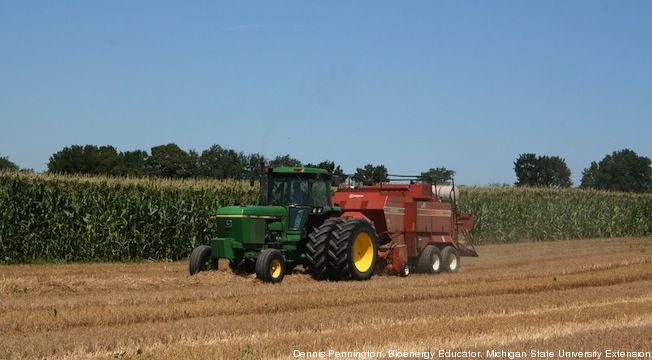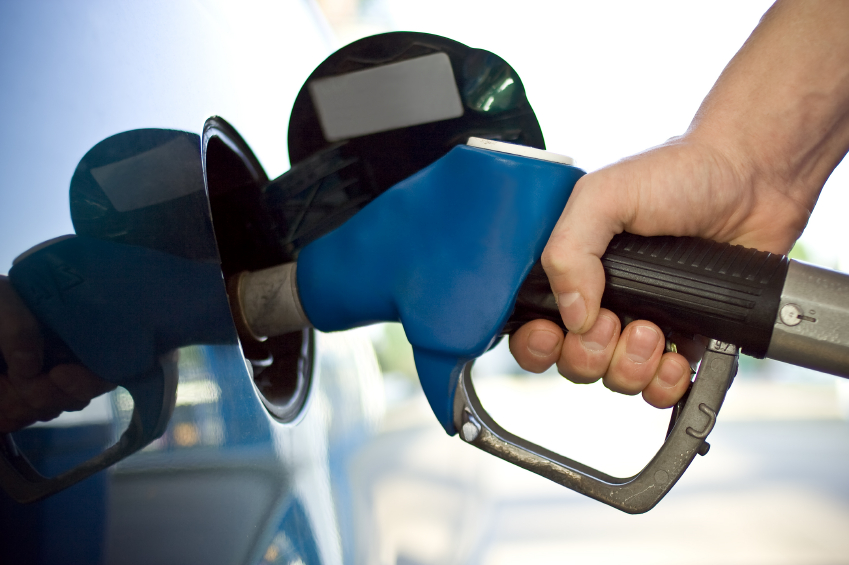It's hard to imagine any reality in which the Organization of Petroleum Exporting Countries (OPEC) benefits from measures meant to decrease gasoline consumption.
But that's apparently the case--in a sense--when it comes to U.S. efforts to add ethanol to gasoline supplies.
Gasoline consumption is on the rise, and that could in turn increase demand for ethanol--temporarily synchronizing the goals of oil producers and biofuel advocates.
DON'T MISS: Bills To Kill Renewable Fuel Law, Ban E15 Ethanol Fuel Likely Doomed
In turn, sustained ethanol use may also drive up the overall amount of fossil fuels consumed.
OPEC has become an "unlikely ally" of the Obama Administration as it attempts to continue mixing ethanol with gasoline, according to Reuters.
A study from the University of California-Berkeley (cited by HybridCars in covering the Reuters article) points out that while increasing the percentage of ethanol in the U.S. fuel supply would lower gas consumed in this country, it could raise overall global gasoline consumption.

Big square baler harvesting wheat straw for production of cellulosic ethanol
Under the Renewable Fuels Standard passed by Congress in 2007, a given amount of ethanol must be blended with gasoline.
So when gasoline consumption goes up, so does ethanol consumption.
Gasoline demand is expected to climb 1.5 percent this year, enough to accommodate small increases in the ethanol quota without hitting the so-called "blend wall."
ALSO SEE: Biofuels: Don't Assume They're All Carbon-Neutral, New Study Warns
This is a cap of around 10 percent ethanol for the total gasoline and diesel supply recognized by most refiners.
The current pace of demand could put ethanol consumption at 14 billion gallons by the end of 2015, 4 to 5 percent above the most recent Environmental Protection Agency quota, the report said.

Gas pump
It's possible that ethanol will only ever be able to augment fossil-fuel supplies, rather than replace them.
A University of California-Berkeley study found that biofuel use lowers gas prices--but also increases the amount of crude oil used worldwide.
Researchers concluded that biofuel use lowers international fuel prices by 1.07 to 1.10 percent, and decreases fossil-fuel consumption by 0.3 to 0.7 percent in oil-importing countries
More biofuels = more oil use
However, they also concluded that the global amount of fuel consumed--including gasoline, diesel, and biofuels--increases by 1.5 to 1.6 percent.
That effect is mostly due to increases in oil consumption by citizens of oil-exporting countries, brought about by oil prices lowered to stave off the competition from biofuels.
"Although consumption in the Middle East, Algeria, and Venezuela together currently amounts to 10 percent of total world consumption of crude oil," the study said, that oil use "grew by 3.5 percent, 3.4 percent, and 4.3 percent, respectively, from 2005 to 2006."

Biofuel crops (photo: Texas A&M University biofuels research alliance)
"In contrast, consumption in the rest of the world grew by an insignificant 0.7 percent."
The data cited by the study comes from a 2008 study, and its conclusions would likely benefit from validation using more current data.
As always, additional research using different data sets may produce different conclusions.
Nonetheless, the study concluded, "the outcome suggests that although the introduction of biofuels changes the composition of the fuel consumed," it slightly increases overall oil consumption worldwide.
[EDITOR'S NOTE: We thank Sarah Shelton, author of the cited article on HybridCars, for responding to our detailed questions. We also thank the site's editor, Jeff Cobb, for connecting Green Car Reports to Shelton. We appreciate the effort both invested to make this article as informative as possible.]
_______________________________________________












